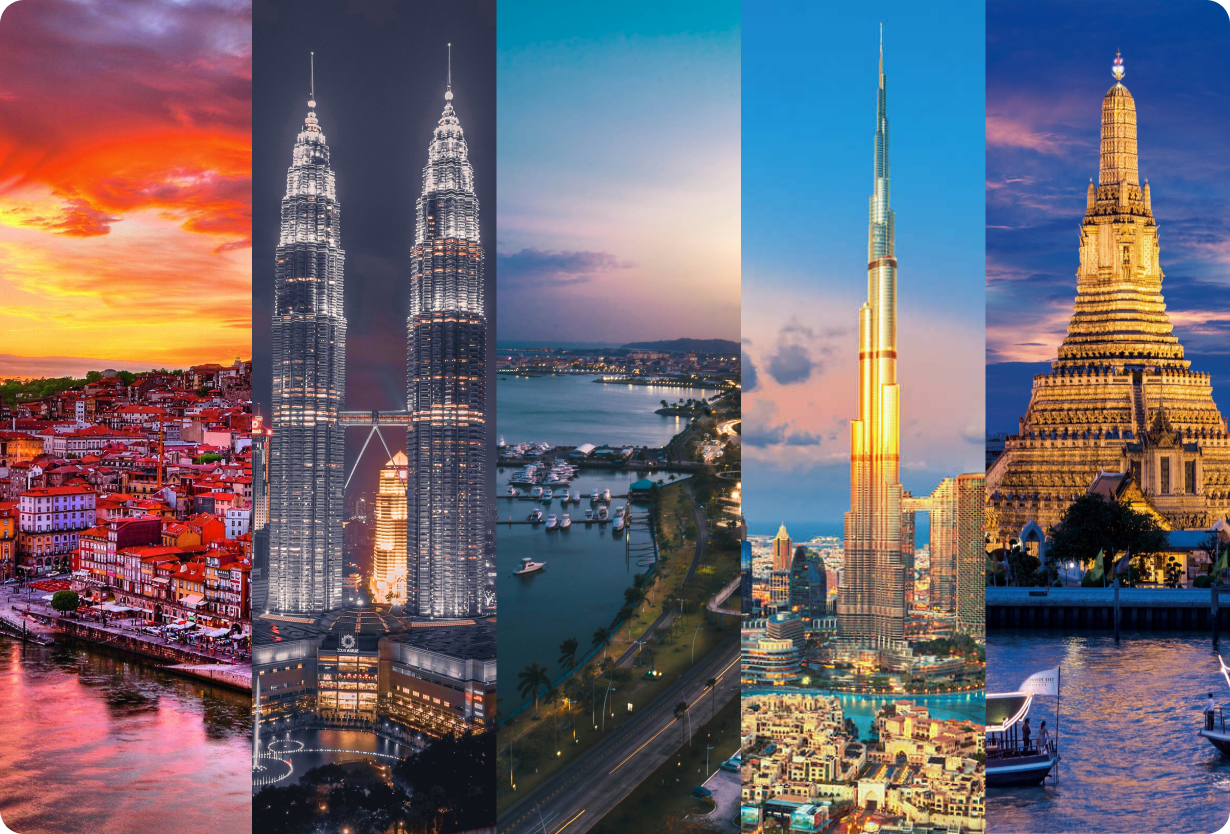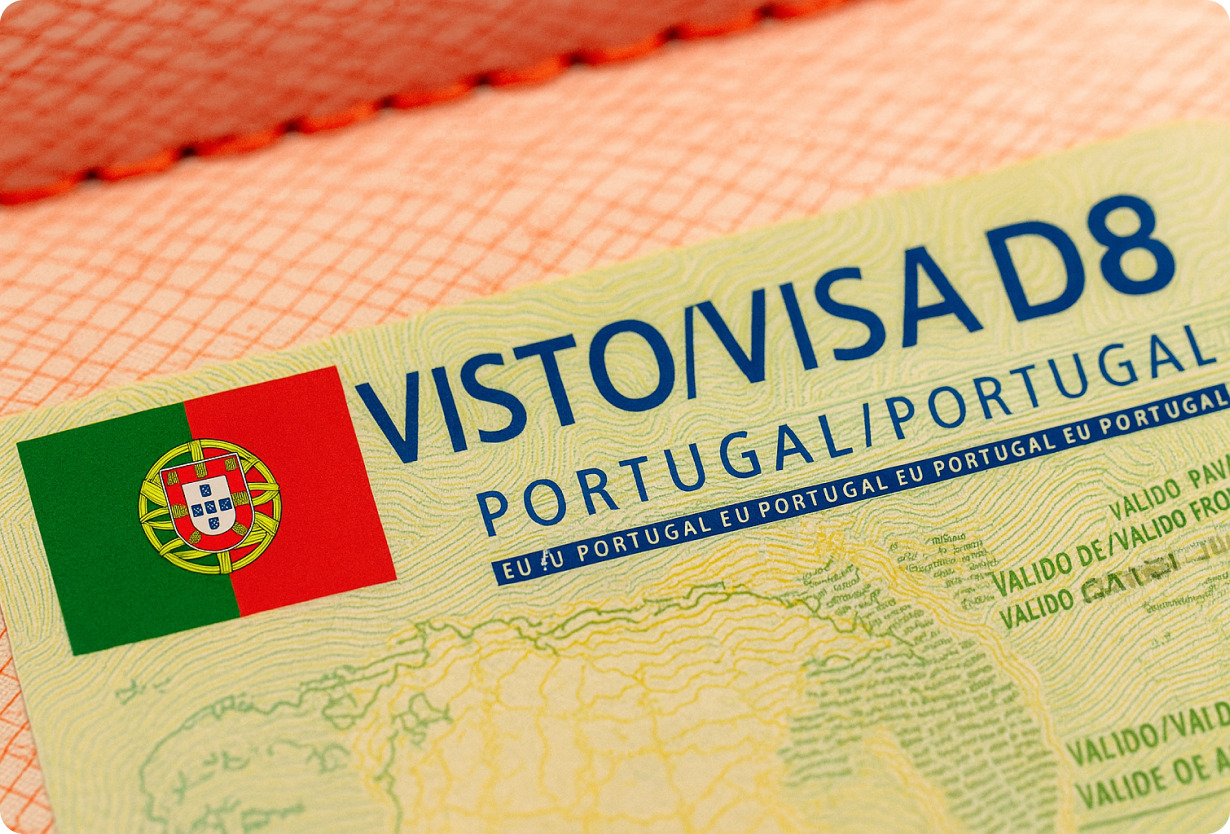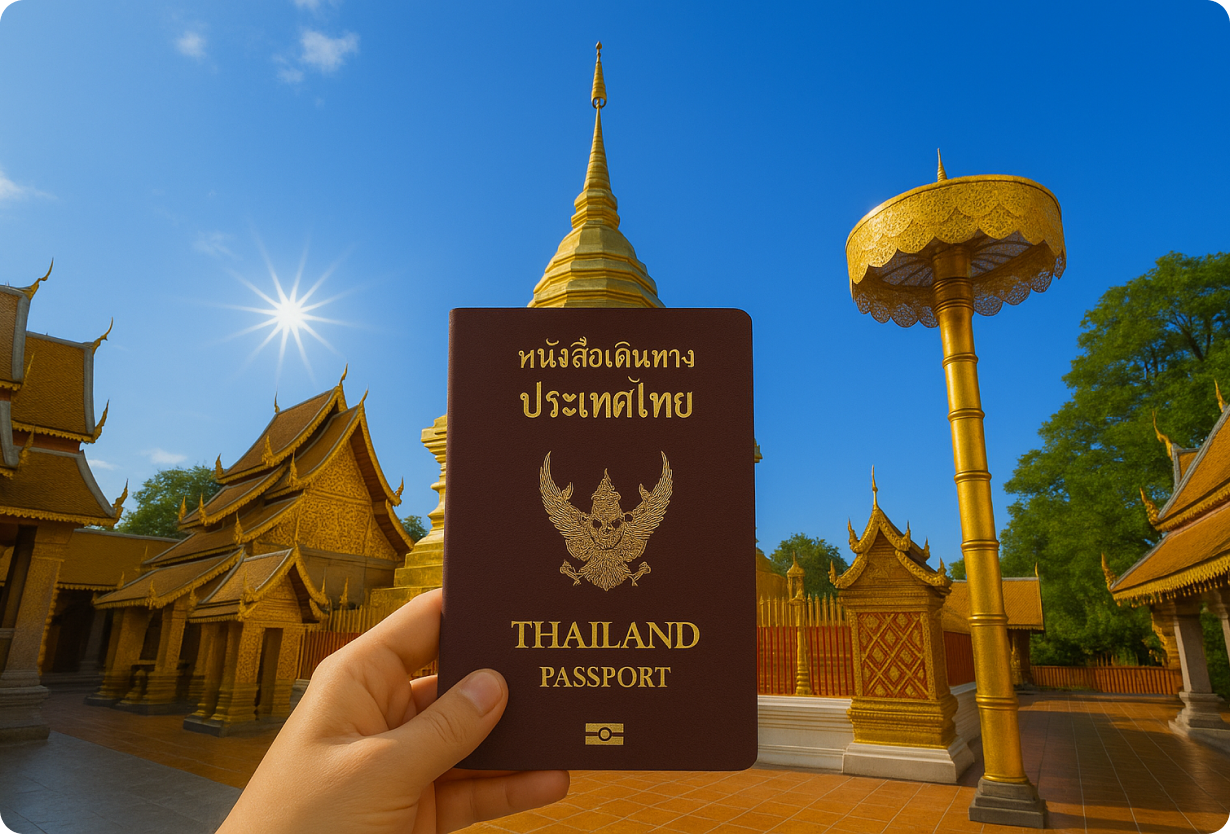
After living across four countries and spending years researching various programs and implementing them for myself, friends initially, and then clients, I’ve learned that true tax efficiency isn’t just about finding the lowest rates – it’s about finding the right balance of tax benefits, quality of life, and strategic positioning for your specific situation.
The global tax landscape is shifting dramatically. Traditional havens have tightened their rules, emerging economies have introduced new incentives, and countries like Thailand have fundamentally restructured their approach to foreign income. Having navigated these changes firsthand through my own relocations and those of our Zerra clients, I can tell you that the opportunities for legally optimizing your tax burden have never been more nuanced or more rewarding for those who understand the landscape – or at least seek the right expertise.
In this guide, I’ll walk you through the five strategic tax-friendly jurisdictions in 2025, combining hard data with practical insights from years of international living and helping others make these transitions successfully.

Thinking of relocating for tax optimization?
A free call with our relocation expert will give you a clear path forward – no stress, just answers.
Quick Overview: Top 5 Tax-Friendly Countries
| Country | Personal Income Tax | Foreign Income Treatment | Key Visa | Best For |
|---|---|---|---|---|
| UAE | 0% | 0% tax on all income | Golden Visa ($544k) | High earners, entrepreneurs |
| Panama | 0%* | Territorial system | Pensionado ($1k/month) | Retirees, digital nomads |
| Thailand | 0-35% | 0% if not remitted** | DTV (5-year validity) | Digital nomads, lifestyle seekers |
| Malaysia | 0-30% | 0% under MM2H/exemptions | MM2H ($220k deposit) | Remote workers, families |
| Portugal | 14.5-48% | 20% flat rate*** | D7/D8 Visa | EU citizenship seekers |
*On foreign income only
**New 2025 rules apply
***Under IFICI program for qualifying professionals
The Five Best Tax-Friendly Countries for 2025
1. United Arab Emirates (UAE) – The Zero-Tax Powerhouse
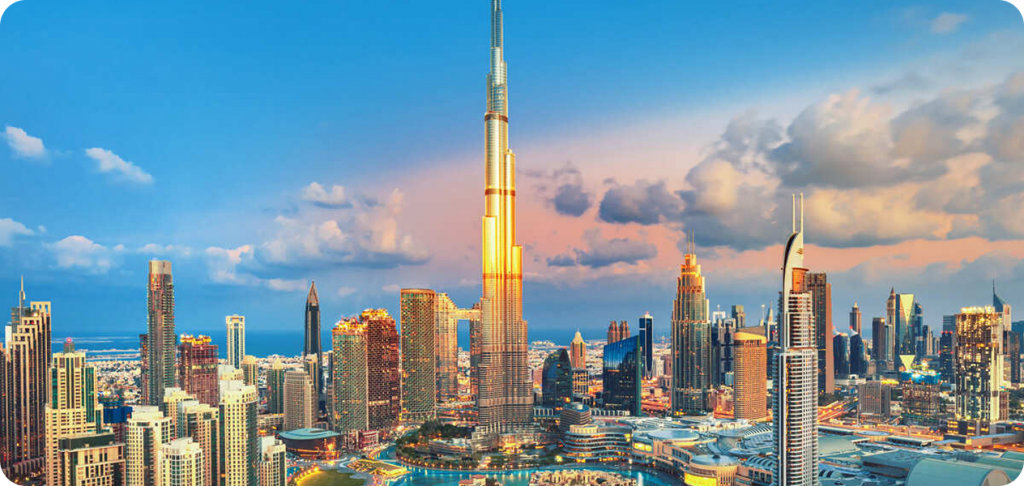
Having spent four years in Dubai building businesses and optimizing structures for international clients, I can confirm that the UAE remains the gold standard for personal tax efficiency – despite recent changes that have made headlines.
Tax System:
- 0% personal income tax (unchanged)
- 0% capital gains tax on investments
- 0% inheritance tax
- 9% corporate tax on business profits above AED 375,000 (~$102,000) – introduced 2023
- 5% VAT on goods and services
The corporate tax introduction caught many by surprise, but here’s the reality for now: it doesn’t affect personal income, dividends, or investment gains. If you’re earning through employment, consulting, or investments, you’re still operating in a true zero-tax environment.
Strategic Visa Pathways:
Employment Visa:
Golden Visa (10-year): Invest AED 2 million (~$544,000) in property or approved funds. This remains one of the most stable long-term residency options globally, with minimal renewal requirements.
Green Visa (5-year): Self-sponsored visa requiring AED 15,000 (~$4,100) monthly income. Perfect for skilled professionals who don’t want employer dependency.
Remote Work Visa (1-year, renewable): Proof of $5,000+ monthly income from foreign employer. I’ve seen this work exceptionally well for senior professionals testing UAE residency.
Freelance Visa: Available through free zones like GoFreelance, costing $3,500-$7,000 annually. Provides full residency rights and family sponsorship.
Quality of Life Reality Check: Dubai was ranked the 4th safest city globally in 2024, and this security creates genuine peace of mind that’s hard to quantify until you experience it. The infrastructure is world-class – from healthcare to transportation to digital services.
However, let’s be honest about the costs. Housing in prime expat areas runs $2,000-$4,000 monthly for a one-bedroom, and international schooling can reach $20,000-$30,000 annually. The climate means four months of extreme heat where outdoor activities become nearly impossible.
Who Should Consider UAE:
- High-income professionals ($150,000+ annually) where tax savings justify higher living costs
- Entrepreneurs building international businesses
- Crypto investors and traders leveraging zero capital gains tax
- Families prioritizing safety and premium infrastructure
Strategic Insight: Many successful UAE residents use a “hub strategy” – maintaining UAE tax residency while spending winters in Europe or summers in cooler climates, optimizing both tax efficiency and lifestyle comfort.
2. Panama – Territorial Tax Paradise in the Americas
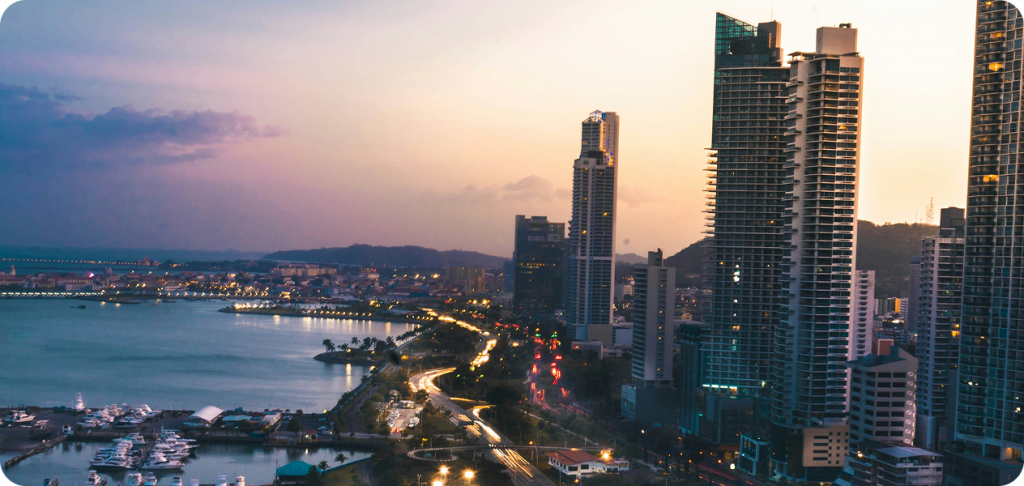
Panama’s territorial tax system creates one of the most straightforward tax optimization strategies available: earn income from outside Panama, pay zero tax to Panama. It really is that simple.
Tax System:
- 0% tax on foreign-sourced income (the key advantage)
- Local income taxed up to 25% (rarely relevant for expats)
- No tax on foreign dividends, interest, or capital gains
- 7% VAT on local goods and services
Visa Pathways:
Pensionado Program: The world’s most generous retirement visa. Requires only $1,000 monthly lifetime pension (Social Security qualifies) and provides extraordinary benefits: 10-50% discounts on airline tickets, utilities, hospital fees, restaurants, and more.
Friendly Nations Visa: Available to citizens of 50+ countries (US, Canada, UK, EU, Australia included). As of 2025, requires either $200,000 investment in property, $200,000 in a 3-year local bank CD, or a Panamanian job offer. Leads to permanent residency.
Digital Nomad Visa: 18-month visa for remote workers earning $36,000+ annually. Perfect for testing Panama before committing to permanent residency.
Quality of Life Assessment: Panama uses the US dollar, eliminating currency risk – a massive practical advantage. The cost of living is remarkably affordable: couples can live comfortably on $2,600 monthly, with house rentals outside the capital starting at $800.
Panama City offers first-world infrastructure with hospitals affiliated with Johns Hopkins, high-speed internet, and modern amenities. The climate is tropical year-round, which is either perfect or challenging depending on your preferences.
Who Should Consider Panama:
- Retirees seeking warm weather and pension tax optimization
- Digital nomads and online business owners with foreign income
- Americans wanting geographic proximity (3-hour flight from Miami)
- Entrepreneurs leveraging Panama’s banking infrastructure
Personal Observation: After helping numerous clients relocate to Panama, the biggest adjustment isn’t bureaucracy or language – it’s adapting to the “mañana” pace of life. Those who embrace this cultural shift tend to thrive; those fighting it often struggle.
3. Thailand – The Digital Nomad Capital with Evolving Tax Advantages

Thailand fundamentally changed its tax approach in 2024, but smart structuring still creates excellent opportunities. Having seen close friends recently go through this process, I can share what actually works in practice.
Tax System (2025 Updates):
- Progressive rates 5-35% on Thai tax residents
- Foreign income: 0% tax if not remitted to Thailand in the same year earned (new grace period introduced)
- LTR visa holders: Maintain old remittance exemption rules
- 17% flat tax option for LTR professionals on Thai employment
Strategic Visa Options:
Destination Thailand Visa (DTV): 5-year validity allowing 180-day stays (extendable to 360 days). Requires 500,000 THB (~$14,400) in bank balance. This visa transformed Thailand’s appeal for long-term digital nomads.
Long-Term Resident (LTR) Visa: 10-year visa with work permits and tax advantages. “Work-from-Thailand” category requires $80,000 annual income, while “Wealthy Global Citizens” need $1 million in assets.
Elite Visa: Pay $17,000-$60,000 for 5-20 year residence with VIP services. No income requirements, just upfront payment.
Quality of Life Excellence: Thailand consistently ranks #1 for digital nomads globally, and after visiting numerous nomad hubs, I understand why. The combination of $300 monthly apartments in Chiang Mai, $1 street food meals, exceptional healthcare at Western standards for 20-30% of Western costs, and a genuinely welcoming culture creates an unmatched value proposition.
Who Should Consider Thailand:
- Digital nomads seeking community and low costs
- Remote workers who can structure income timing strategically
- Entrepreneurs building ASEAN-focused businesses
- Lifestyle-focused professionals prioritizing experiences over earnings optimization
Tax Strategy Insight: Many successful Thailand residents use foreign credit cards for expenses, avoiding the need to remit funds to Thailand and triggering tax obligations. This requires careful planning but can maintain effective 0% taxation.
4. Malaysia – Asia’s Best-Kept Tax Secret

Malaysia offers one of Asia’s most favorable tax structures for expats, though it’s often overlooked in favor of more famous destinations. After extensive research into Malaysia’s programs, the opportunities are compelling.
Tax System:
- Territorial taxation: Foreign income generally not taxable
- Extended exemption: Foreign income remitted to Malaysia tax-free through 2026
- Progressive local rates: 3-30% (rarely relevant for expats)
- No capital gains tax on investments (except real estate)
- No inheritance or wealth tax
Visa Pathways:
Malaysia My Second Home (MM2H): Despite 2021 changes making requirements stricter, this remains valuable. Peninsula Malaysia MM2H requires ~$8,800 monthly income and $220,000 in fixed deposits. Sarawak MM2H offers easier terms for that state.
DE Rantau Digital Nomad Pass: 3-12 months (extendable to 24 months) for remote workers. Minimum $24,000 annual income. Crucially, nomad pass holders pay 0% tax on foreign income.
Residence Pass-Talent (RP-T): 10-year renewable pass for highly skilled professionals after 3+ years in Malaysia.
Quality of Life Advantages: Malaysia hits the sweet spot of high quality at low cost. Kuala Lumpur offers modern infrastructure, excellent healthcare, and English as a widely spoken second language – crucial for daily life efficiency.
Monthly budgets of $1,500-$2,000 provide Western-standard living, while healthcare costs run about 20% of US equivalents. The multicultural society (Malay, Chinese, Indian, expat communities) creates remarkable cultural richness.
Who Should Consider Malaysia:
- Remote workers seeking Asian base with English accessibility
- Families wanting international education at reasonable costs
- Entrepreneurs needing ASEAN market access
- Retirees seeking first-world amenities at developing-world prices
Strategic Note: Malaysia’s political stability and established expat infrastructure make it ideal for those wanting Asian lifestyle without the cultural adjustment challenges of less English-friendly destinations.
5. Portugal – EU Access with Strategic Tax Opportunities

Portugal’s tax landscape transformed significantly with the end of the famous NHR program, but strategic opportunities remain for those who understand the new framework.
Tax System (Post-NHR Era):
- Progressive rates: 14.5-48% (standard EU levels)
- IFICI Program (NHR 2.0): 20% flat tax for qualifying high-skilled professionals in R&D, AI, biotech. Potential 0% foreign income under certain circumstances
- Capital gains: Generally 28% (with reinvestment exemptions)
Visa Pathways:
D7 “Passive Income” Visa: Requires roughly €8,000 annual income for singles. Popular among retirees and remote workers. Leads to permanent residency after 5 years.
D8 Digital Nomad Visa: Requires €3,040 monthly income from remote work. Can be temporary (1 year) or lead to residency permits.
Path to EU Citizenship: After 5 years of legal residence, you can apply for Portuguese citizenship – providing EU passport and mobility throughout Europe.
Quality of Life Assessment: Portugal consistently ranks in the top 10 globally for safety and quality of life. The climate is Mediterranean perfection, healthcare is excellent and affordable, and the cost of living remains reasonable compared to Northern Europe.
However, bureaucracy is notoriously slow, and housing costs in Lisbon and Porto have risen significantly due to international demand.
Who Should Consider Portugal:
- Professionals in qualifying IFICI sectors seeking EU tax advantages
- Remote workers prioritizing European lifestyle over maximum tax efficiency
- Families seeking EU citizenship pathway
- Retirees valuing safety, climate, and healthcare access
Strategic Consideration: Many clients now view Portugal as a lifestyle choice with acceptable tax costs rather than a tax optimization play. The EU citizenship pathway often justifies the tax burden for long-term global mobility.
Strategic Framework for Choosing Your Destination
After analyzing hundreds of relocation scenarios, success depends on matching your specific situation to the right jurisdiction:
For High Earners ($200,000+ annually): UAE offers unmatched tax efficiency, but only if you can handle the climate and costs. The mathematical advantage is clear: earning $500,000 annually, you might save $150,000+ in taxes, easily offsetting higher living expenses.
For Digital Nomads and Remote Workers: Thailand’s DTV visa revolutionized long-term nomad possibilities, while Malaysia’s DE Rantau program offers excellent value with English accessibility. Portugal’s D8 Visa is also an elite option. The choice often comes down to preferred lifestyle and tax structuring complexity.
For Retirees: Panama’s Pensionado program remains unbeatable for pension optimization, while Portugal offers European sophistication with reasonable tax treatment for foreign pensions.
For Entrepreneurs: UAE’s zero corporate tax (under the threshold) and business-friendly environment make it compelling for international operations, while Panama’s territorial system works excellently for location-independent businesses.
For Families: Malaysia and Portugal both offer excellent international education options, safety, and established expat communities, with different trade-offs between cost and cultural integration.
Implementation Strategy: The Multi-Hub Approach
Drawing from my own international journey and client successes, consider a strategic multi-hub approach rather than binary relocation:
Tax-Efficient Base: Establish primary tax residency in your chosen low-tax jurisdiction.
Lifestyle Hubs: Maintain secondary bases in locations optimizing for climate, culture, or business needs.
Strategic Timing: Use the 183-day rule strategically, spending optimal time in each location based on seasonal preferences and business requirements.
This approach allows you to extract specific advantages from each location while minimizing the drawbacks of full commitment to any single environment.
Final Thoughts: Beyond the Numbers
Tax optimization isn’t just about minimizing rates – it’s about creating sustainable, enjoyable international living arrangements that support your broader life goals. The “best” tax-friendly country is the one where you can build a life you genuinely enjoy while achieving your financial objectives.
Having lived this journey personally and guided others through these decisions, I’ve learned that the most successful relocations balance tax efficiency with quality of life, cultural fit, and long-term strategic positioning.
The countries outlined above represent some compelling opportunities in 2025, but the optimal choice depends entirely on your specific circumstances, priorities, and lifestyle preferences. The key is understanding your options, planning strategically, and executing thoughtfully.
Whether you’re seeking to optimize a seven-figure income in Dubai, enjoy a tax-free retirement in Panama, or build an international lifestyle across multiple hubs, these destinations offer proven pathways to financial freedom through smart global mobility.

Thinking of relocating for tax optimization?
A free call with our relocation expert will give you a clear path forward – no stress, just answers.

